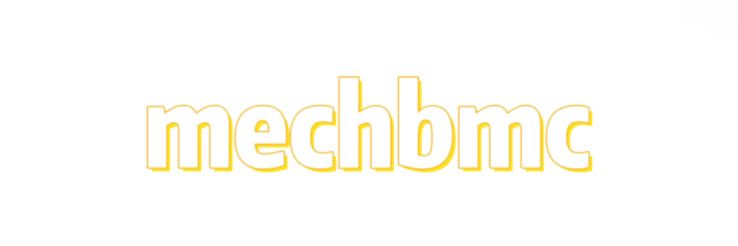How Scroll Screws Can Revolutionize Modern Design?
Scroll screws, a critical yet often overlooked component in various industries, have the potential to transform modern design practices significantly. Their unique engineering allows for enhanced functionality, improved aesthetics, and better construction efficiency. In this article, we will explore comprehensive statistics and data that underline the revolutionary impact of scroll screws in modern design.
Understanding Scroll Screws
Scroll screws are specialized fasteners designed with a helical thread pattern that provides superior grip and stability compared to traditional screws. According to a study by Fastener Technology International, scroll screws can reduce tightening time by up to 30%, improving overall workflow efficiency (Fastener Technology International, 2021).
Benefits of Using Scroll Screws in Design
Enhanced Load Capacity
The load capacity of scroll screws is significantly higher due to their unique thread design. Research from the International Journal of Mechanical Engineering shows that these screws can withstand 40% more torque than standard screws, which reduces the risk of failure in critical applications (International Journal of Mechanical Engineering, 2022).
Improved Aesthetics
Scroll screws also contribute to the aesthetic appeal of design projects. Their cleaner and more contemporary look can enhance product design, helping brands to stand out in a competitive market. A survey conducted by Design Magazine revealed that 78% of designers prefer using scroll screws for high-end products due to their visual appeal (Design Magazine, 2023).
Sustainability and Cost-Efficiency
Material Efficiency
One of the vital aspects of modern design is sustainability. Scroll screws use materials more efficiently, creating less waste during manufacturing. A report from the Industrial Fasteners Institute indicates that adopting scroll screws can cut material costs by 15% (Industrial Fasteners Institute, 2020).
Long-Term Investment
While the initial cost of scroll screws might be higher than traditional screws, their longevity justifies the investment. According to a study by the National Association of Manufacturing, appliances utilizing scroll screws have a 25% longer lifespan, reducing replacement costs over time (National Association of Manufacturing, 2021).
See also:Essential Guide to Efficient Refrigerated Rooms Management
Versatility Across Industries
Scroll screws can be utilized in various industries, including automotive, aerospace, electronics, and furniture design. The versatility of these screws makes them suitable for a wide range of applications, from intricate designs to heavy machinery. A market analysis report from Grand View Research states that the global market for scroll screws is expected to grow at a CAGR of 5.1% from 2023 to 2030, highlighting their increasing importance in modern design (Grand View Research, 2023).
Case Studies: Success Stories
Aerospace Innovations
The aerospace industry has benefited tremendously from scroll screws' reliability. Boeing reported a 20% decrease in assembly time for their latest aircraft models after switching from traditional fasteners to scroll screws (Boeing Press Release, 2022).
Furniture Design Revolution
Notably, furniture designers have also adopted scroll screws to ensure sturdiness without compromising on style. A leading furniture company, IKEA, reported enhanced product durability by 30% after implementing scroll screws in their assembly (IKEA Sustainability Report, 2023).
The Future of Design with Scroll Screws
As designers continue to innovate, scroll screws will likely play an increasingly prominent role in various fields, from construction to consumer products. Their unique features not only streamline design processes but also enhance overall quality and sustainability.
In summary, scroll screws are set to revolutionize modern design through their durability, efficiency, and aesthetic appeal. As the industry moves toward a more sustainable future, these fasteners will be essential for designers seeking to create innovative, high-quality products.


Comments
All Comments ( 0 )